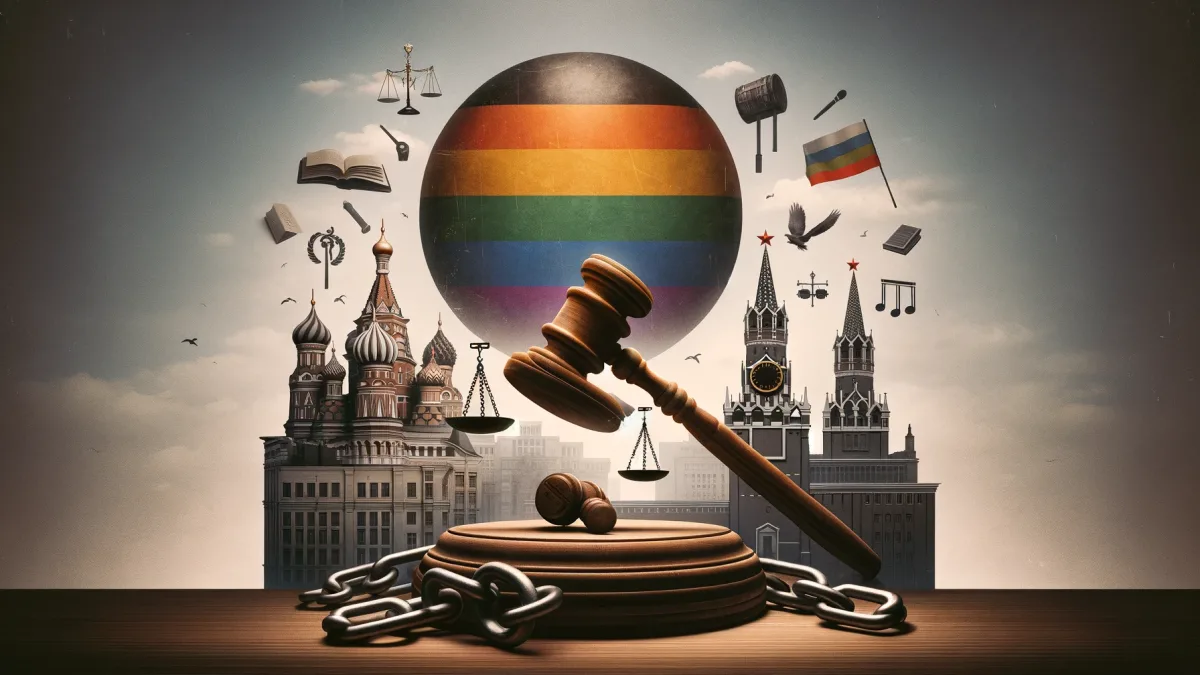Hello, dear readers! Today, we delve into a topic that’s both complex and sensitive, yet immensely important: the legal and social standing of being gay in Russia. In recent years, Russia’s laws and societal attitudes towards LGBTQ+ individuals have sparked international discussions, concerns, and advocacy. So, let’s unpack the intricacies of this issue with clarity and empathy.
Understanding the Legal Framework
First and foremost, it’s crucial to clarify that being gay, in the sense of one’s sexual orientation, is not in itself illegal in Russia. The country decriminalized homosexuality in 1993, stepping away from Soviet-era laws that penalized homosexual acts. However, the legal landscape surrounding LGBTQ+ rights and freedoms has become increasingly restrictive over the years.
The “Propaganda” Law: A Closer Look
A significant turning point came in 2013 with the enactment of the law commonly referred to as the “gay propaganda” law. Officially titled “for the Purpose of Protecting Children from Information Advocating for a Denial of Traditional Family Values,” the law prohibits the promotion of “non-traditional sexual relationships” to minors. Critics argue that the broad and vague wording of the law effectively stifles free speech, suppresses LGBTQ+ visibility, and legitimizes discrimination.
Keyword Spotlight: “Non-Traditional Sexual Relationships”
The term “non-traditional sexual relationships” is at the heart of the 2013 law, serving as a legal basis for restricting LGBTQ+ advocacy and public expression. This phrasing has been widely criticized for its ambiguity and for fostering a legal environment that can be arbitrarily enforced to suppress LGBTQ+ communities.
The Impact on Freedom of Expression and Assembly
The repercussions of the “propaganda” law extend to public expressions of LGBTQ+ identities and rights. Pride parades and public demonstrations supporting LGBTQ+ rights have faced bans or have been met with hostility, often justified by authorities under the guise of protecting public morality or the welfare of minors.
Legal Challenges and International Criticism
Russia’s stance on LGBTQ+ rights has faced criticism from international human rights organizations, foreign governments, and the United Nations. Legal challenges have been brought against Russia in international courts, including the European Court of Human Rights, which has ruled against Russia in cases related to LGBTQ+ rights, citing violations of freedom of expression and assembly.
The Social Climate: Navigating Daily Life
Beyond the legal restrictions, LGBTQ+ individuals in Russia face challenges in their daily lives, including discrimination, stigma, and, in some cases, violence. The societal acceptance of LGBTQ+ people varies significantly across different regions and communities within Russia, with some individuals facing greater hardships than others.
Moving Forward: Advocacy and Hope
Despite the challenges, LGBTQ+ activists and allies within Russia and internationally continue to advocate for rights, visibility, and acceptance. Digital platforms and international solidarity offer spaces for support, advocacy, and the sharing of experiences, even as activists navigate a restrictive legal framework.
Final Thoughts: Understanding and Solidarity
Understanding the legal and social landscape for LGBTQ+ individuals in Russia requires nuance and empathy. It’s a reminder of the ongoing struggle for LGBTQ+ rights and the importance of international awareness, advocacy, and support for individuals living in contexts where their identities are marginalized.









Leave a Reply